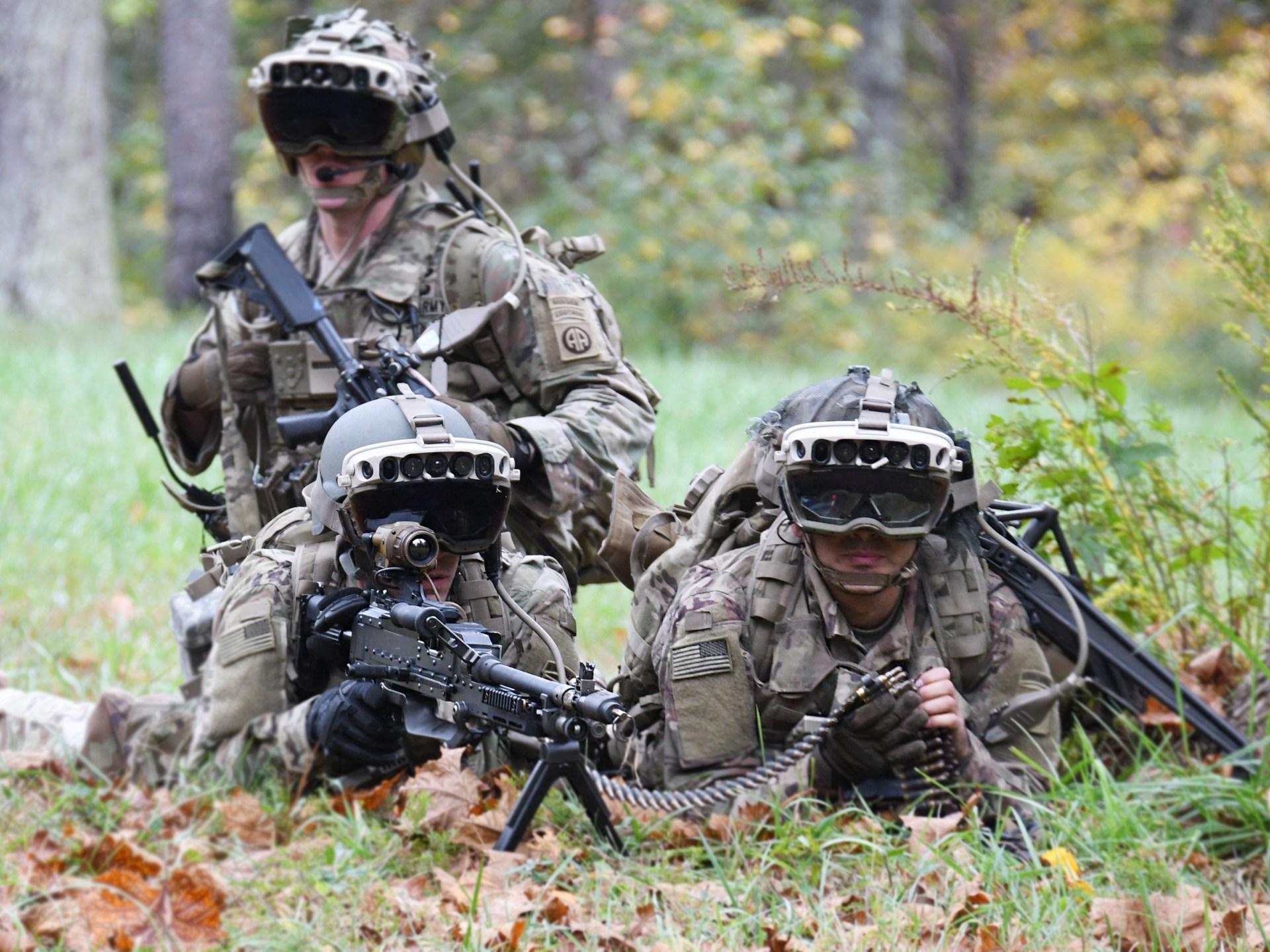In 2021, the US military awarded a $22 billion contract to Microsoft to manufacture smart glasses for its soldiers, but the proposed glasses failed the test.
After more than a year of delays in completing and delivering the required equipment, the tested glasses did not meet the standards, failing 4 out of 6 tests conducted by the US military recently, Business Insider reported.
The US military first awarded Microsoft a $480 million contract in 2018 to build a prototype of the advanced smart glasses, called the Integrated Visual Augmentation System (IVAS).
What is the design of IVAS?
The Interesting Engineering website stated that although the smart glasses look a lot like Microsoft's HoloLens virtual reality headsets available for commercial sale, the military has asked the company to make modifications to incorporate several technologies to build a system. Integrated Visual Enhancement "IFAS".
According to the agreement, Microsoft was to provide 120,000 IVIS headsets over 10 years, with a total deal of about $22 billion, and among the modifications to these glasses was the integration of high-precision sensors for night vision and thermal.
Microsoft Glass failed 4 out of 6 tests (Reuters)
Devices that can lead to the killing of American soldiers
According to Business Insider, an internal report by the US Army proved that the glasses failed 4 out of 6 assessment points during a recent "practical demonstration."
One of the main drawbacks of these glasses was the glare of their screen, which was visible from hundreds of meters away.
One of the testers in the report said that such an error could alert enemy fighters to the location of US Army soldiers, putting them at risk of being killed.
Another problem that soldiers encountered was the limited field of view of the surroundings when wearing the AVAS system, as well as the limitations on the soldier's movement due to the device's size and weight.
Apparently, Microsoft was expecting this negative evaluation of its device due to performance issues in low-light conditions, according to Business Insider's report.
Even after this assessment, the US military is still interested in acquiring the IVAS, and has called for improvement in areas where it has failed, and to remedy the observed imbalances.

